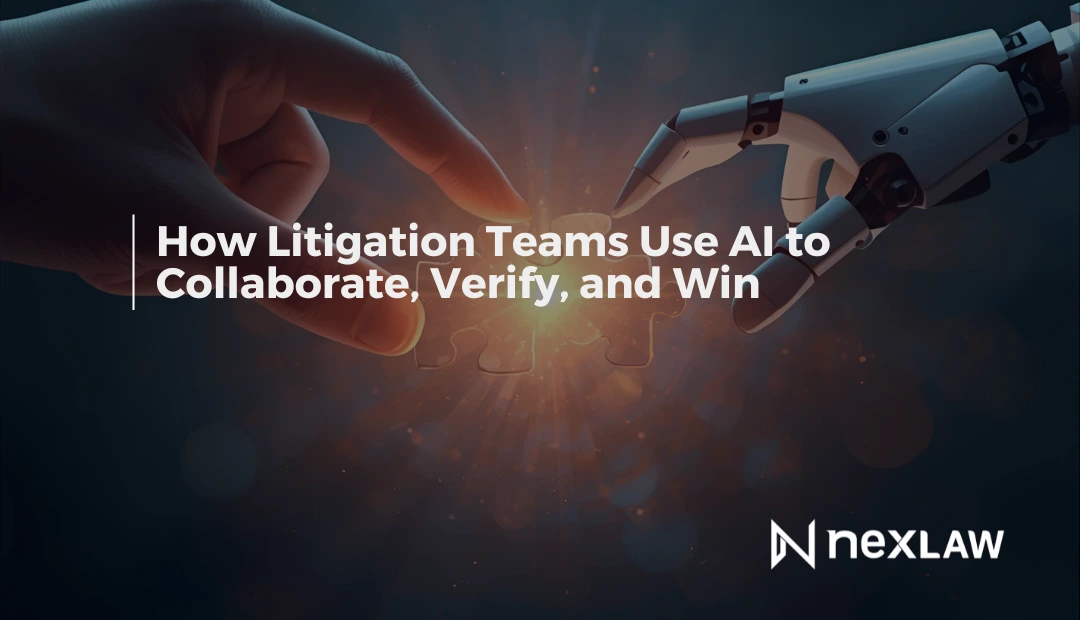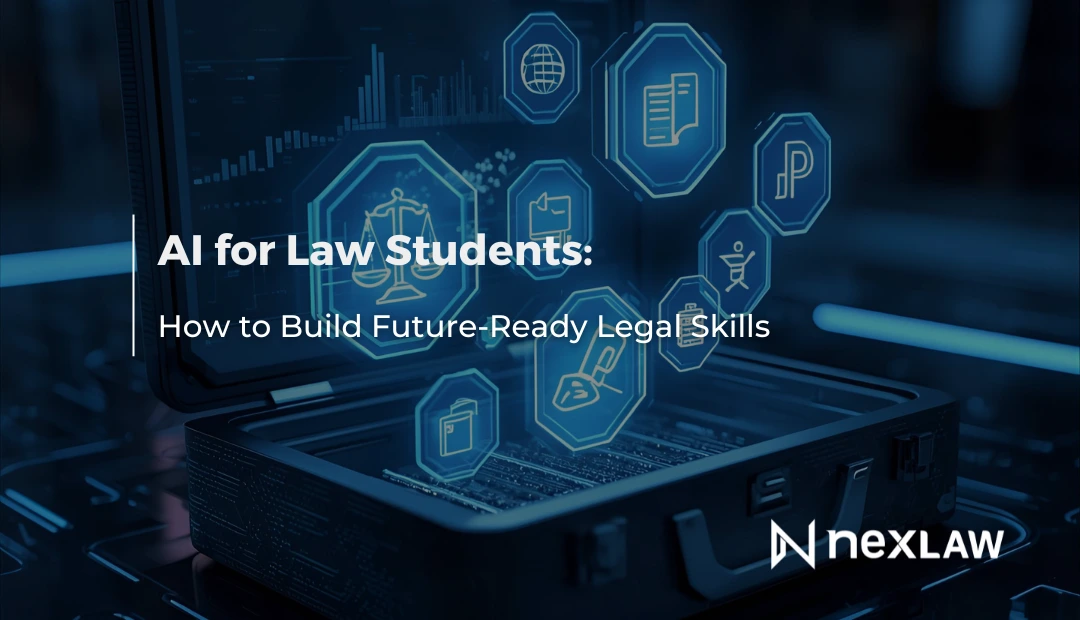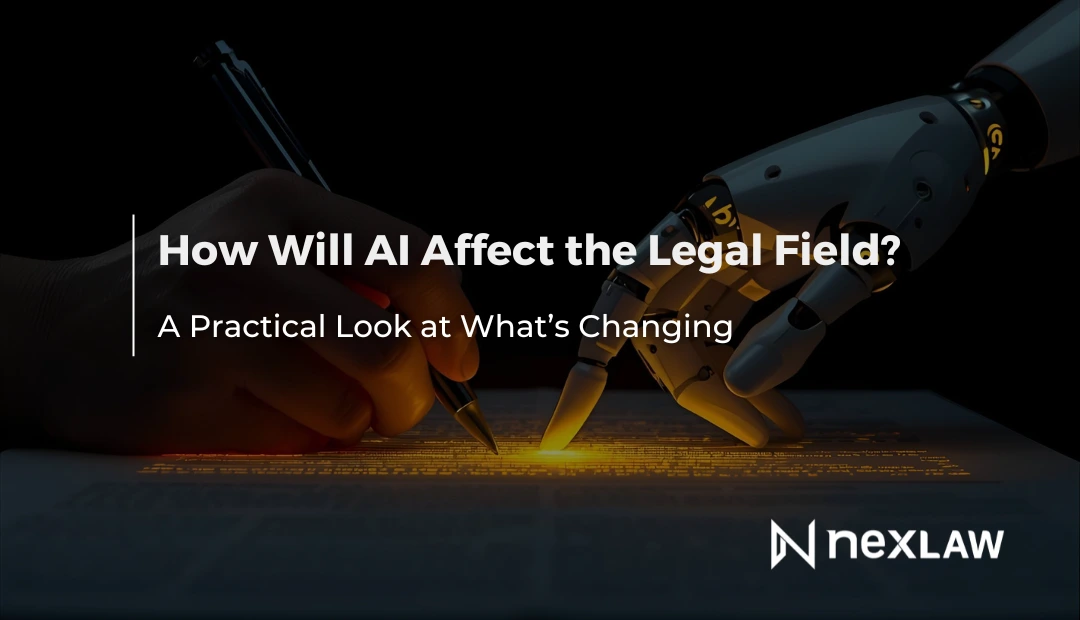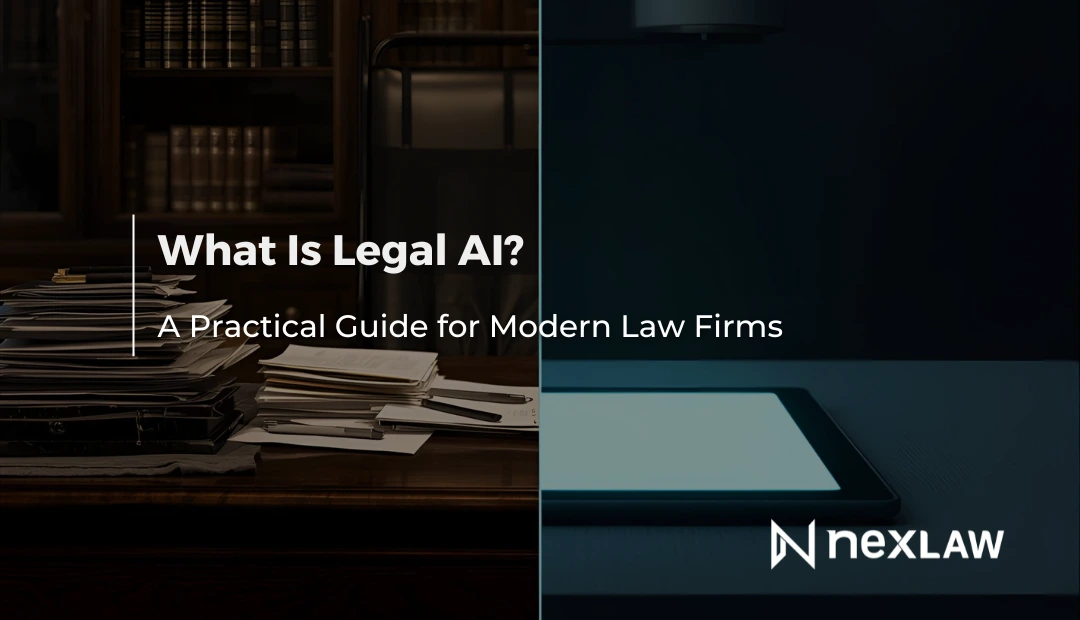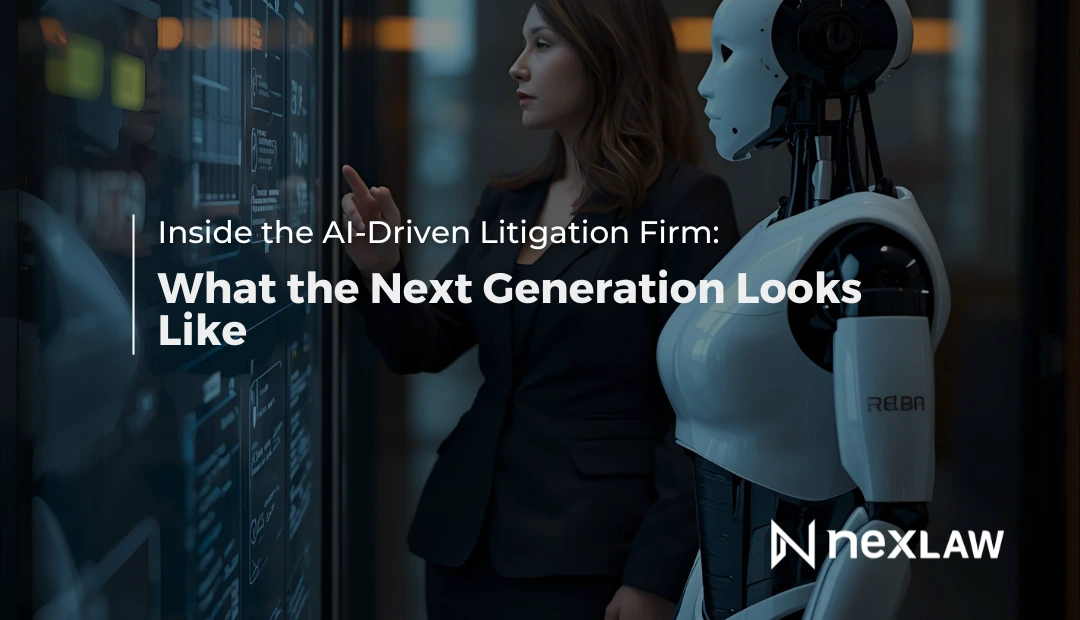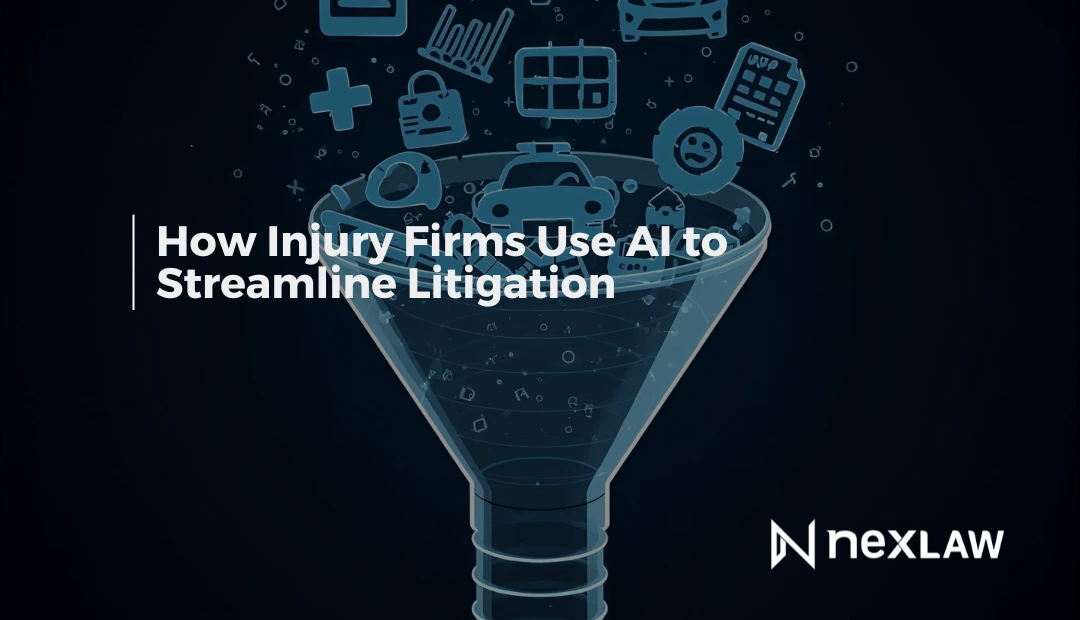How Litigation Teams Use AI to Collaborate, Verify, and Win
Modern litigation is no longer just about skill—it is about speed, collaboration, and precision. The most successful litigation teams are now using artificial intelligence to simplify coordination, cut down repetitive work, and focus more time on strategy.
Unlock Legal Insights Instantly!
This article shows exactly how AI transforms team workflows, from discovery to trial preparation, and why platforms like NexLaw are helping legal teams win cases more efficiently.
Why Litigation Teams Are Turning to AI
In litigation, time pressure is constant. Every minute counts when managing thousands of discovery documents, coordinating multiple attorneys, and preparing arguments.
A 2025 survey by the Legal Innovation Institute found that more than 60 percent of litigation teams spend half their week on administrative or repetitive research tasks. AI eliminates much of that friction.
By automating research, organizing evidence, and creating structured collaboration spaces, AI allows teams to focus on what matters—developing stronger arguments and winning cases.
Collaboration Without Chaos: How AI Changes the Workflow
Before AI integration, case teams relied on emails, shared drives, and spreadsheets to keep track of evidence and arguments. This approach often caused duplication, version confusion, and missed deadlines.
Now, firms using NexLaw have restructured their litigation workflows into a centralized and automated system.
Example Workflow
1. Research and Discovery Phase
a. Attorneys use NeXa to search verified case law, summarize rulings, and extract relevant arguments.
b. The system automatically flags questionable citations, ensuring every source is validated before inclusion in a brief.
2. Case Organization Phase
a. Paralegals upload discovery files to ChronoVault 2.0, which instantly indexes every document by author, date, and issue.
b. The platform creates a real-time chronology that all team members can access simultaneously.
3. Strategy and Drafting Phase
a. Partners use TrialPrep to build structured argument outlines for motions, hearings, or cross-examinations.
b. Each section includes embedded references from NeXa and exhibits linked from ChronoVault 2.0.
By using these three tools together, teams no longer operate in silos. They move fluidly between research, evidence, and argumentation with complete visibility.
Case Example: Large Team, Tight Deadline
A mid-size defense firm in Florida had just three weeks to prepare for a complex product liability hearing. The team included eight attorneys and four paralegals, each handling separate discovery sections.
Challenges:
- Fragmented evidence storage
- Duplicate research efforts
- Confusion over latest drafts
Solution:
- NeXa centralized all legal research with shared access to verified precedents.
- ChronoVault 2.0 created a master timeline of over 1,500 exhibits.
- TrialPrep mapped every argument section, so partners could assign portions without overlap.
Results:
The firm reduced prep time by 80 percent, eliminated version conflicts, and improved internal coordination. The managing partner noted, “It felt like the entire firm was working from the same playbook, finally.”
The Power of Verification and Traceability
Collaboration is only as strong as the team’s ability to verify facts. Without proper source control, shared AI systems can risk citation errors or factual inconsistencies. NexLaw solves this through built-in verification features:
- NeXa: Displays citation trails for every AI-generated output.
- TrialPrep: Embeds human approval checkpoints within each draft section.
- ChronoVault 2.0: Tracks every edit and document version automatically.
Every piece of information in the workflow is backed by a visible audit trail. That traceability keeps teams accountable and aligned with court expectations.
How AI Improves Team Efficiency
AI is not just a tool for automation—it becomes the bridge that connects every member of a legal team.
| Task | Manual Workflow | AI-Enhanced Workflow |
|---|---|---|
| AI Legal Assistant | Multiple databases and notes | NeXa compiles verified results in one view |
| Document Review | Manual tagging | ChronoVault 2.0 auto-indexes by date and issue |
| Drafting | Disjointed edits | TrialPrep organizes and assigns structured sections |
| Quality Control | Manual review | Built-in checkpoints for attorney validation |
The difference is measurable. Firms using integrated AI systems report:
- 35 percent faster drafting cycles
- 40 percent reduction in research duplication
- 25 percent fewer filing errors
Beyond Efficiency: Strengthening Strategy
AI allows lawyers to collaborate at a deeper level. By integrating data and argumentation into one platform, teams can spot weaknesses or contradictions early—before they reach the courtroom.
For example, when multiple attorneys work on related motions, TrialPrep identifies overlapping issues automatically. If evidence is missing, ChronoVault 2.0 flags the gap and suggests related documents.
This means litigation teams no longer react to errors; they prevent them.
Why AI Collaboration is Now a Competitive Edge
Courts and clients are rewarding firms that demonstrate control, accuracy, and transparency. AI-assisted collaboration not only speeds up preparation but also provides a visible structure that clients can trust.
When firms present their case using a fully traceable system—where every citation, exhibit, and draft is linked—they show accountability and professionalism that manual workflows cannot match.
It is not just about winning cases faster. It is about winning them smarter.
Strengthen Your Litigation Team with NexLaw
See how NexLaw helps litigation teams research, collaborate, and verify their work seamlessly.
- Use NeXa to find, summarize, and cross-check authorities.
- Organize evidence with ChronoVault 2.0 for full transparency.
- Build courtroom-ready arguments in TrialPrep.
Ready to see how it fits your team?
- Start your 3-day free trial—no credit card required
- Or book a demo call with our specialists to see how collaboration through NexLaw transforms litigation
